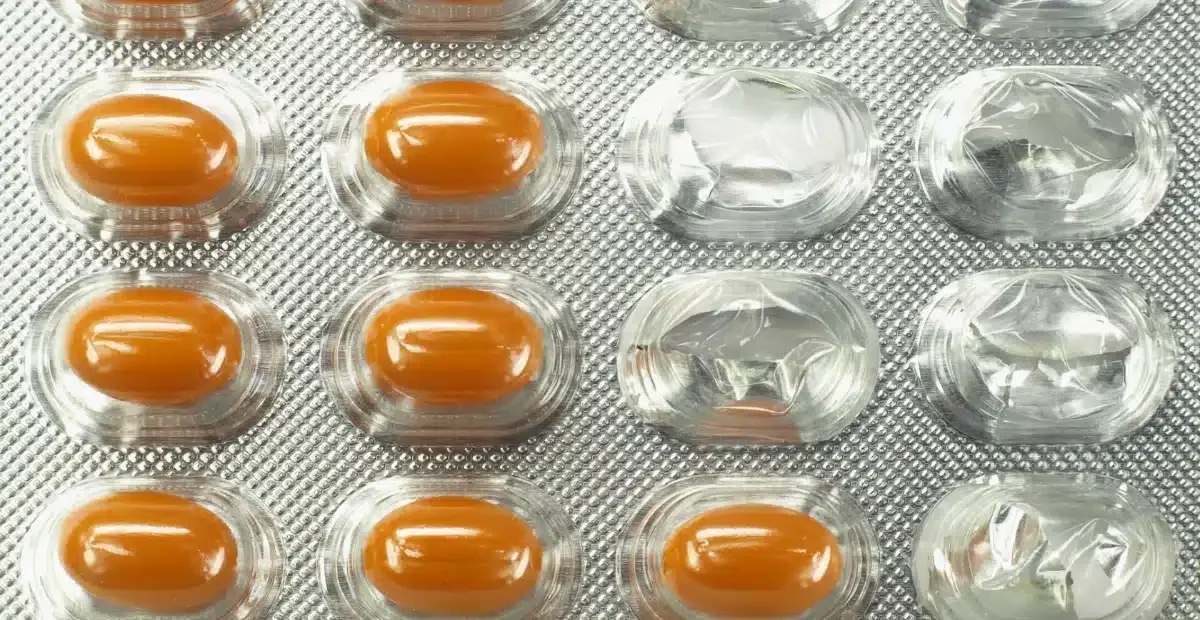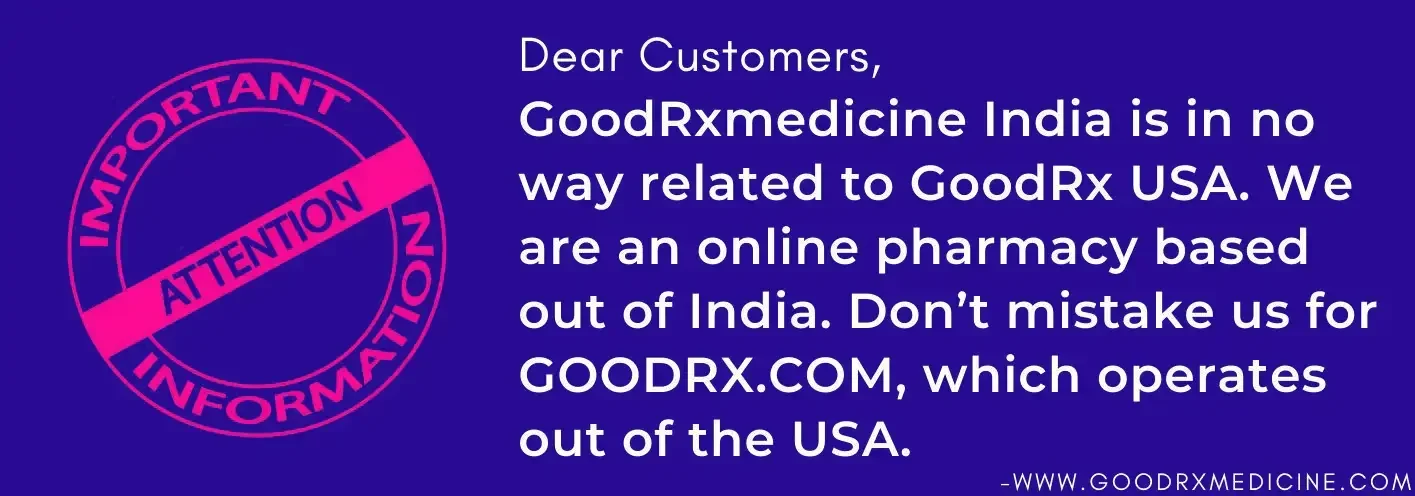Levitra is a medication used to treat Erectile Dysfunction (ED), the inability to get erections during sexual activity.
It contains the active ingredient Vardenafil, which belongs to a class of Phosphodiesterase-5 enzyme inhibitors.
Levitra assists men in obtaining and maintaining a strong and a long lasting erection during sexual activity.
But how long does Levitra last after taking the pill?
Read this article to learn more about Levitra’s duration of action, effectiveness, and working.
How long does Levitra last?
Levitra typically lasts for about four to five hours, depending on individual response and other factors.
The medication might take 30 to 60 minutes to reach peak effectiveness. The activity of Levitra typically slows down after 2-3 hours of administration.
However, this duration can vary depending on several factors, such as:
- Dosage
- Age
- Overall health
- Other medications taken
If used properly, the effects of Levitra can be quite strong and last up to 8 hours.
Make sure to take a Levitra tablet at least 25 to 60 minutes before you intend to have sex and only when you actually need it.
How to take Levitra for maximum effectiveness
 Source: Africa_Image
Source: Africa_ImageLevitra is available in strengths of 5 mg, 10 mg, and 20 mg.
It works best when taken around an hour before sex so that it has enough time to metabolize.
However, sexual stimulation is required for Levitra to produce a significant outcome.
You must only take one Levitra dosage a day, just before your planned sexual activity.
Ask your doctor about various Erectile Dysfunction pills that allow for a dosage plan that will work better for you if you prefer to have sex more than once per day.
Avoid eating high-fat meals while using Levitra since it may cause the medication’s absorption to be delayed.
It is also important to avoid grapefruit and alcohol when taking Levitra as they may worsen the side effects of the pill.
Preparation and following instructions is crucial to make Levitra more effective.
Can Levitra make you last longer
 Source: Andrzej_from_Getty-images
Source: Andrzej_from_Getty-imagesLevitra is a medication used to treat Erectile Dysfunction(ED) in men.
It contains the active ingredient Vardenafil, which increases blood flow to the penis, leading to a firm and lasting erection.
While Levitra can help men achieve an erection, it does not help delay ejaculation.
The time it takes to ejaculate and reach climax can vary depending on individual factors such as:
Most ED cases have a physical etiology, such as obesity, Diabetes, or heart disease.
Lifestyle decisions like smoking and alcohol abuse are among the popular causes of ED. But for some men, the basis of the problem is psychological ED.
Some men may find that Levitra helps them last longer in bed, but this effect is not guaranteed.
Consult a doctor if you’re experiencing lasting longer in bed (or Premature Ejaculation).
Additionally, it’s essential to discuss any concerns about sexual performance or ED with a doctor to determine the best treatment options for individual needs.
Conclusion
Levitra is a safe and effective ED treatment, according to a 2014 research. There are several dosing options.
Now that you know the answer to “How long does Levitra last?” getting the full effect from Levitra is possible with the right approach.
Other conditions that may have an impact on ED include:
- Weight
- Lifestyle
- Relationships
Levitra lasts up to 4-5 hours. But its effect starts working within an hour you take it.
For the proper effects, one must take this pill for almost 30 minutes before planned sexual intercourse.
Frequently Asked Questions
How long does Levitra stay in your system?
Levitra’s effects typically last for about four to five hours, and it is metabolized and eliminated from the body within 24 hours.
How long does Levitra take to work?
Levitra typically takes 30-60 minutes to start working, with effects lasting for around 4-5 hours. Dosage and individual factors may affect timing.
Can I take Levitra every day?
The recommended dosing frequency for Levitra is usually once a day, taken about 60 minutes before sexual activity.
However, taking Levitra every day without medical supervision is not recommended.
Is Levitra more powerful than Viagra?
There is no clear evidence that Levitra is more powerful than Viagra. Both medications work similarly to treat ED, and their effectiveness may vary for individuals.
How do I get the best results from Levitra?
To get the best results from Levitra, take it as directed by your doctor, do not exceed the recommended dose, and avoid drinking Alcohol or grapefruit juice while taking it.
How long does it take for Levitra to peak?
Levitra peaks in 30-60 minutes after ingestion and can last up to 5 hours. Dosage and individual factors can affect timing.
When referencing outside resources, GoodrxMedicine always provides full citations. To learn more about the measures we use to maintain the quality of our content, please review our Content Information Policy.





